From Russia with love
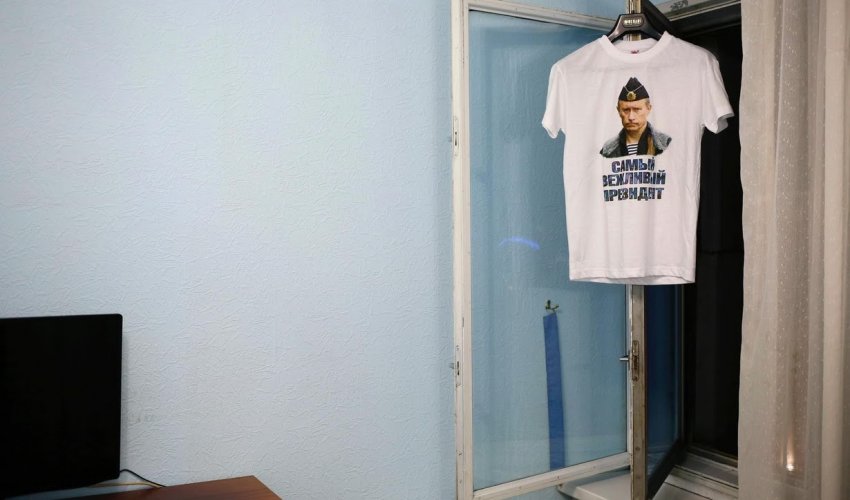
Kazan, the capital of the Russian republic of Tatarstan, was my temporary home for nearly three weeks while I helped to cover the 16th world aquatic championships earlier this month.
On the way to Tatarstan I noticed a vending machine at Moscow airport selling "Crimea is Ours” T-shirts. Then once I was in Kazan I saw people wearing T-shirts with Russian President Vladimir Putin's profile picture on them. That started to intrigue me…
I decided to investigate further in the souvenir shops and boutiques along Bauman Street, a pedestrian zone that leads to the Kazan Kremlin, the only surviving Tatar fortress in Russia and a Unesco World Heritage site.
It’s a tourist magnet and many newlywed couples have their picture taken at this historical site, which was conquered by Ivan the Terrible in 1552.
I noticed that among the classic souvenirs such as traditional caps for men called tubeteikas, almost every one of more than a dozen shops also sold items depicting Putin.
It caught my eye that the images used were generally the official hand-out photos that show the Russian president as the strong leader or the man of action.
I wondered to what extent people wearing these T-shirts, or protecting their mobile phone with a Putin-themed cover, took the images at face value or whether there was an element of irony, mockery even, in their choice.
Perhaps that’s too sceptical a thought. According to an August 5 report by the Pew Research Center, Putin has an 88 percent positive rating in Russia.
I’m based in London so it’s hard to imagine someone wearing a garment with Britain’s Prime Minister David Cameron on it, without there being at least some humour or satire intended.
Among the products in Kazan were traditional Russian matryoshka wooden dolls, vodka glasses, mobile phone covers, mugs and wall clocks. "Crimea is ours” plates and magnets were even on sale in some places.
One shopkeeper stocking a Putin-enhanced T-shirt told me he didn’t know what "Crimea is ours” meant. It was hard to know whether that was a limitation of his English or if he was reluctant to talk about it to a journalist.
T-shirts with slogans such as "The most polite President” or ”They can't catch us” also seemed to be very popular.
I started to collect the souvenirs and photographed them in my blue-painted square hotel room fitted out with a dark brown interior. I chose that venue mainly because of time constraints as I spent all day at the aquatics venues.
While covering that competition, I showed the souvenirs to volunteers who came from all over Russia including Siberia. They mostly greeted the objects with laughter, but getting an insight into what the volunteers thought of that depiction of Putin was a considerable challenge. Most volunteers spoke no English, and those who did had basic knowledge that didn’t allow me to garner their opinion.
It was back in the hotel that I found the last item in a souvenir stall in the lobby: a copy of a book entitled "Vladimir Putin and Tatarstan”. It documents several visits of President Putin to Tatarstan and includes some great pictures. It was interesting to me that the book had Russian and English editions.
One image shows the Russian President standing in a cornfield. The caption includes "‘There will be bread,’ the President said”. Personally I found that pretty amusing, as it seemed to suggest that Putin has powers to conjure bread out of nowhere.
Another photo showed him arm-wrestling with a local instructor with the caption "To struggle and win is Putin's way”.
Kazan will be a host city for the World Cup in 2018. I wonder if the city’s tourist offerings then will include Putin-decorated footballs?
(reuters.com)






www.ann.az
Similar news
Similar news
Latest news 
More news 
























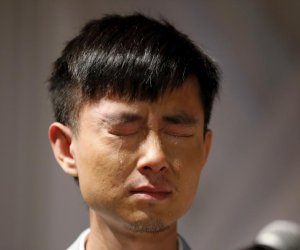
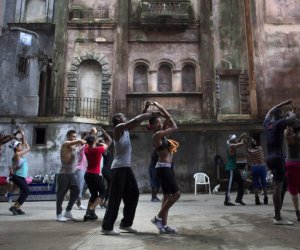
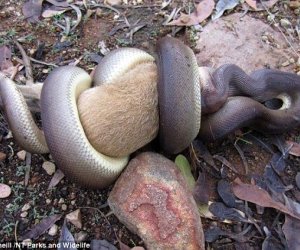
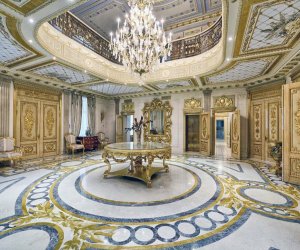
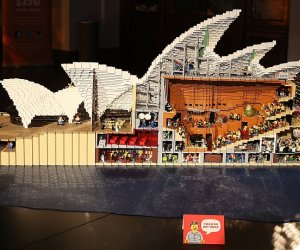
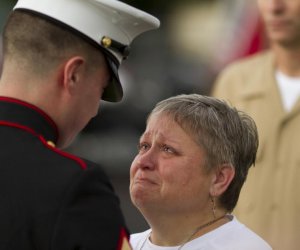
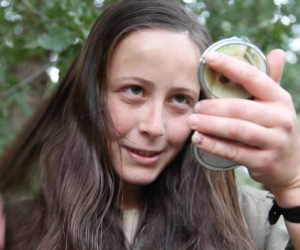
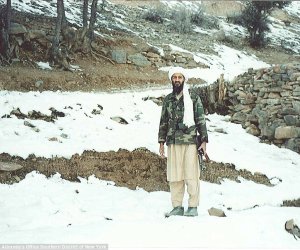
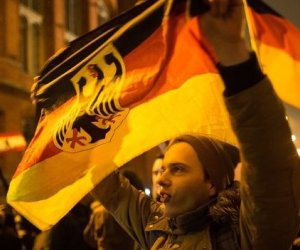


 Photo
Photo 



 Video
Video 

